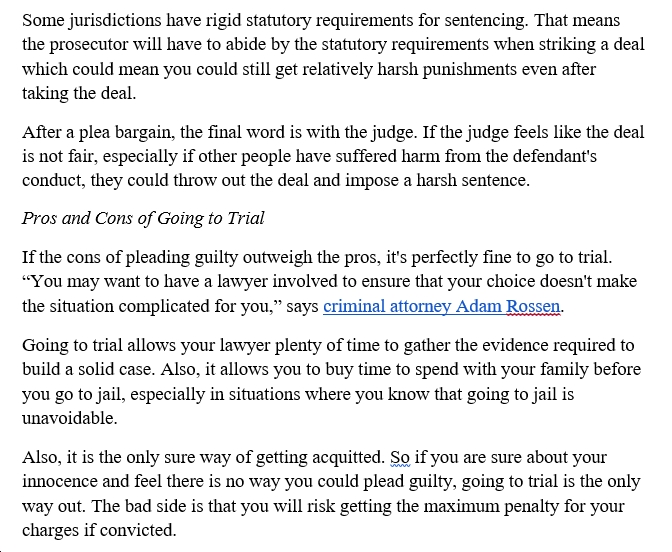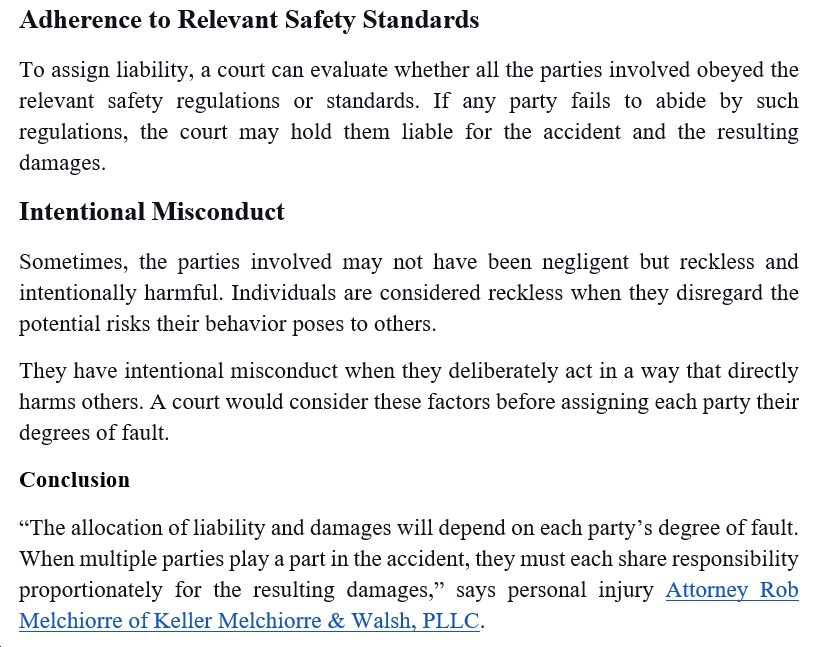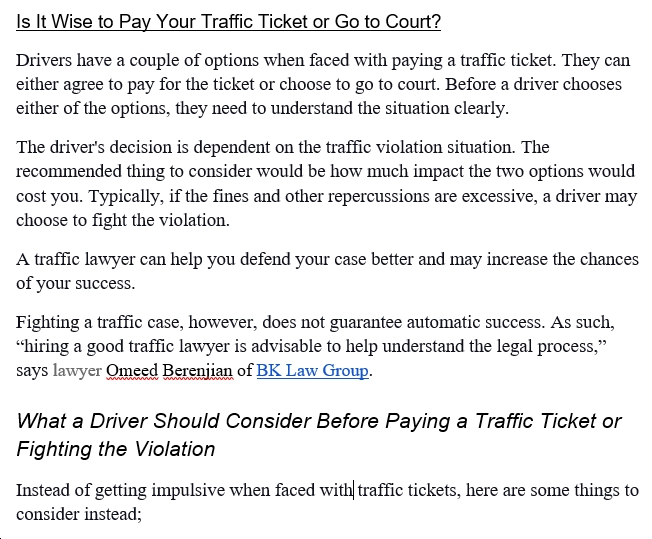SPONSORED CONTENT
The Fundamentals of Criminal Law
A criminal act refers to an action or inaction that breaks the law. Any unlawful act attracts legal recourse, often through the criminal justice system. Part of any government’s mandate is to make and enforce laws. People who violate the law can be held liable for their actions by the government, especially because criminal activity often leads to injury. While most people think that crime involves acts like murder or fraud, crimes of omission can also attract harsh punishment from the law. Failing to stop when signaled by an officer of the law is a crime of omission.
Mens Rea and Actus Reus
A common term in criminal law is Mens Rae. It refers to the nature of a criminal under the law and translates to ‘guilty mind’ in Latin. The statutory requirements in America require the government to prove a defendant had criminal intent to qualify for a conviction. The prosecution must establish that a defendant committed a crime and make sure they understand that their conduct fits the definition of a legal offense.
Another Latin term used in criminal law is actus reus. Actus reus is an omission of the physical elements of a crime where the implicated person has a duty to act. However, involuntary omissions are not defined as actus reus. It also applies to persons who refuse to disclose damning information under oath. People who commit perjury exhibit both mens rae and actus reus. Mens rae implies they understand they made a false statement, while actus reus implies the incorrect information was made under oath.
How Crimes Are Defined
The definition of a crime is left to a court or judge. However, most crimes in modern times are defined by legislative bodies. For example, the United States Congress is responsible for creating statutes and punishments for violating these laws at the federal level. States also can define their laws and corresponding penalties.
The government must show the elements of any crime a defendant is accused of to prove the crime was committed. For example, the prosecution must prove that a defendant broke through otherwise closed doors, entered their victim’s home, and intended to steal the victim’s property when charging them with burglary. “Failure to establish these exact elements may lead to an acquittal. The core elements of each crime are often defined in state or federal laws.” says criminal defense attorney Scott Henry.
Punishing Crime
The punishment for any crime depends on the legal guidelines and a judge’s judgment. Legislative bodies often define the range of penalties for any one offense. However, the judge must consider the severity of the crime and determine which punishment suits the crime. Lawmakers can also impose mandatory minimum sentences for crimes they feel are not being punished enough.
Types of Crimes
There are several categories of crimes. Some broad types of crimes include:
- Crimes Against People: These are actions that result in other people’s physical or mental injury. Violent crimes, murder, and voluntary manslaughter fall in this category.
- Crimes Against Property: Crimes against property constitute the interference or damage of another person’s property. Examples of crimes in this category are larceny, arson, and grand theft auto.
- Inchoate Crimes: This is a category of crimes that may have been imitated but not fully executed. Crimes like conspiracy or aiding and abetting fall under inchoate crimes.
- Statutory Crimes: These are crimes that are defined by a specific statute. Examples of statutory crimes include traffic offenses, alcohol crimes, and drug offenses.
- Financial Crimes: Financial crimes are offenses where offenders deceive or defraud others. Examples of financial crimes include tax evasion and money laundering.
















